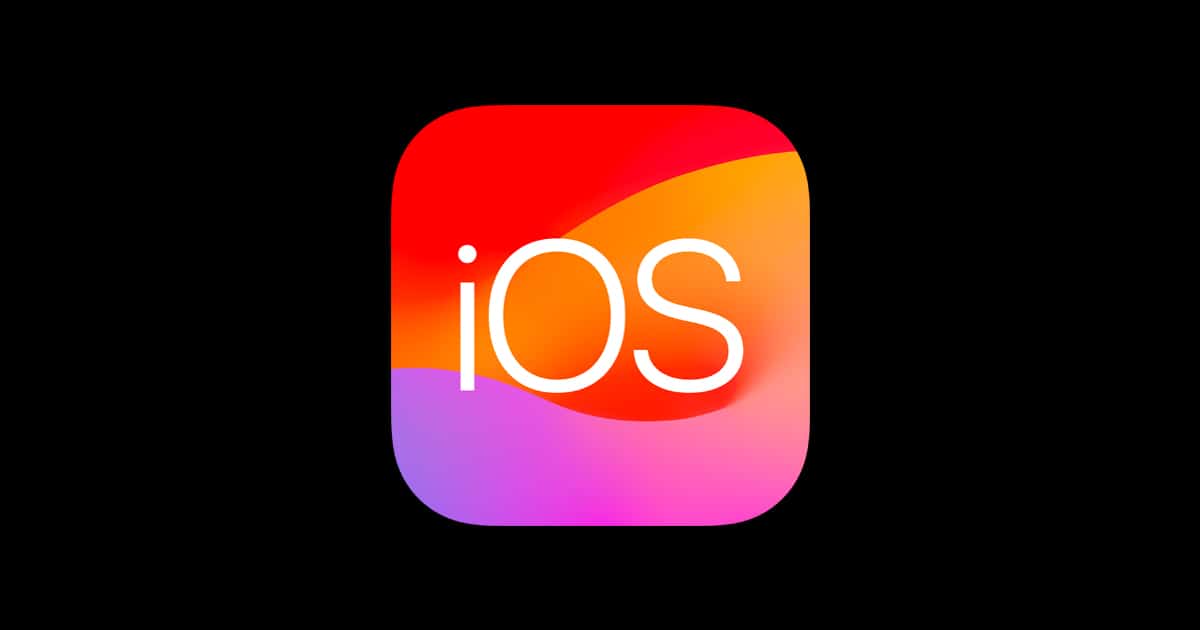Apple’s upcoming iOS 18 update is expected to usher in an era of artificial intelligence (AI) integration within the iPhone experience. However, unlike some competitors who are racing to develop entirely new AI companions, Apple takes a more measured approach.
The company’s focus lies in strategically enhancing existing functionalities within its core apps. This emphasis on practicality extends beyond just the user experience; it also prioritizes privacy. By keeping AI processing primarily on-device, Apple aims to minimize reliance on cloud-based systems, potentially offering greater control over user data.

This focus on practicality translates into exciting new features for iPhone users. Safari, the web browser, is set to gain a powerful tool: text summarization. Imagine quickly grasping the main points of any webpage, saving you valuable time and filtering out the overwhelming amount of information online. No more wading through mountains of text to find the key takeaways. Instead, Safari’s AI will provide a concise summary, allowing you to determine if a webpage holds the information you seek efficiently.
Siri, the virtual assistant, is also set to gain an upgrade with closer integration with Messages. This newfound partnership opens doors to a more dynamic and helpful assistant. Siri will be able to analyze the content of your messages, potentially even providing summaries of conversations or offering helpful suggestions based on the context. Imagine a scenario where you receive a lengthy message thread planning a group outing. By leveraging its AI capabilities, Siri could analyze the messages and suggest adding the event to your calendar or even creating a quick poll to determine the most convenient time for everyone.

Spotlight Search, a central hub for information retrieval on iPhones, will also benefit from this AI integration. Users can expect smarter results that go beyond simple keyword matching. Imagine Spotlight Search understanding the context of your queries and providing responses that take into account your contacts, calendar events, or even past browsing history. Typing in a friend’s name might surface not just their contact information but also upcoming events you have scheduled together or recent photos you shared. This contextual awareness can significantly enhance the user experience, making it easier to find the information you need quickly and efficiently.
In essence, Apple’s approach to AI in iOS 18 seems to be a two-pronged attack. By enhancing existing features with AI capabilities, they aim to make interacting with your iPhone even more efficient and intuitive. But there’s a clear undercurrent of prioritizing user privacy as well. By keeping most AI processing on-device, Apple offers users more control over their data and potentially reduces the risk of information leaks. This focus on privacy is a key differentiator, especially as concerns about data security and user privacy continue to rise in the digital age.
WWDC 2024
We can expect to learn more specifics about these features and the overall functionality of iOS 18 at Apple’s upcoming Worldwide Developers Conference (WWDC) in June. This event will likely shed light on the precise capabilities of Apple’s in-house large language model, dubbed “Ajax,” and how it will power these new AI features across various iPhone applications. Will Ajax be as powerful or versatile as some of the leading large language models developed by competitors? How will it be optimized to run efficiently on iPhone hardware without sacrificing performance? These are questions Apple will likely address at WWDC, offering a clearer picture of the future of AI on iPhones.
(via AppleInsider)